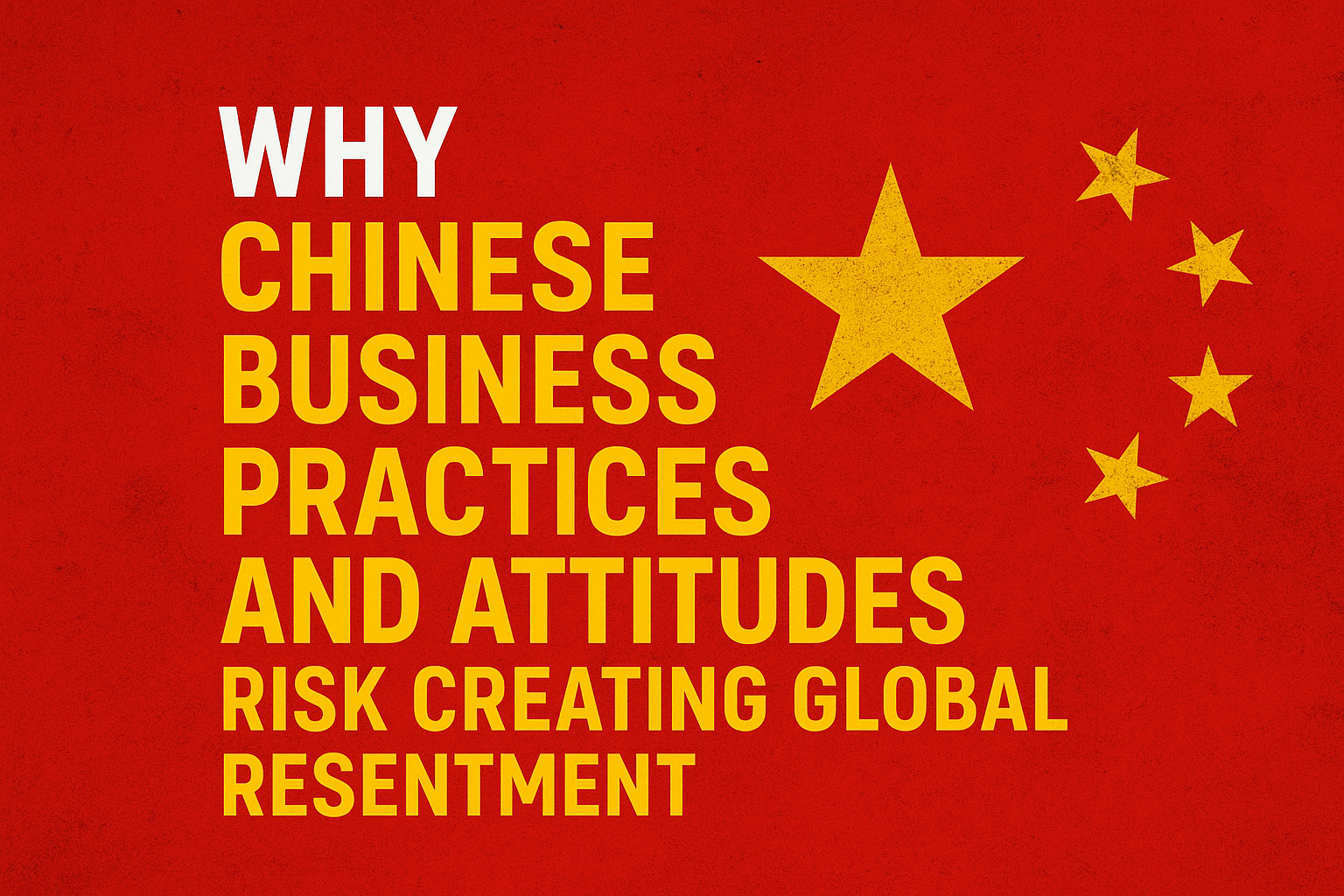
Al-Hakam I (796–822): Economic and Cultural Development of Al-Andalus (Spain)
Al-Hakam I, Emir of Córdoba from 796 to 822, is known for his significant contributions to the economic prosperity, cultural growth, and intellectual development of Al-Andalus. Under his rule, Córdoba became a leading center of trade, architecture, and learning, setting the foundation for the Golden Age of Islamic Spain.















